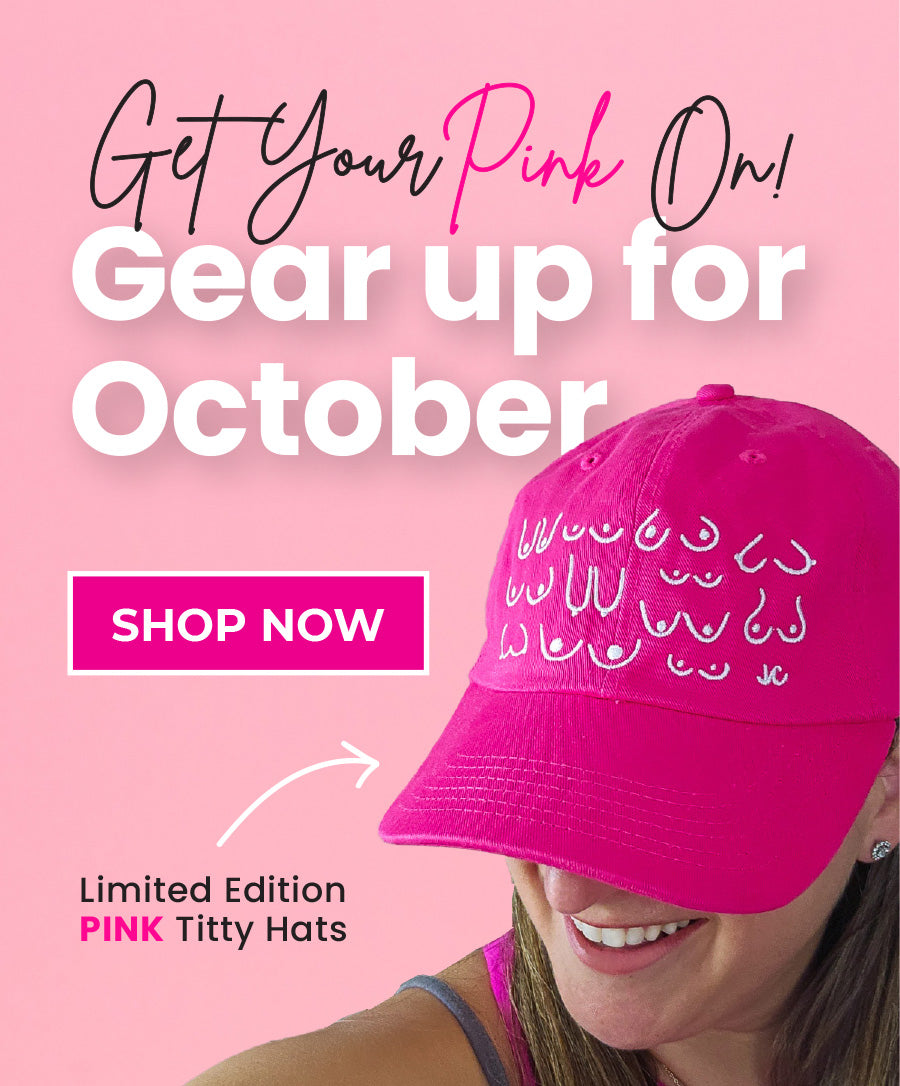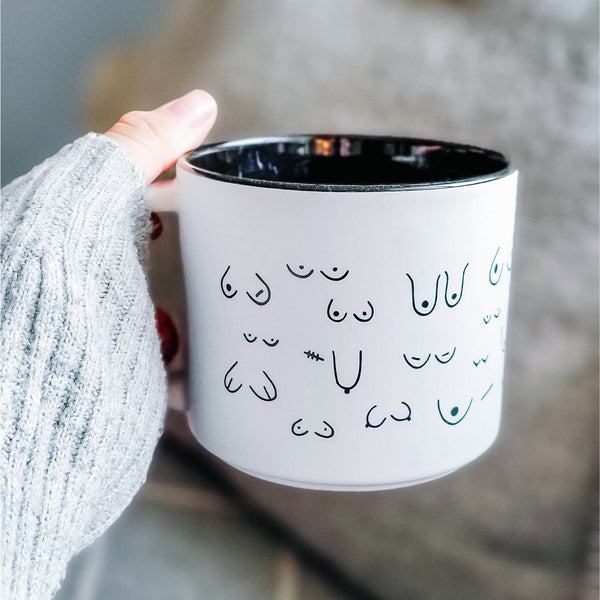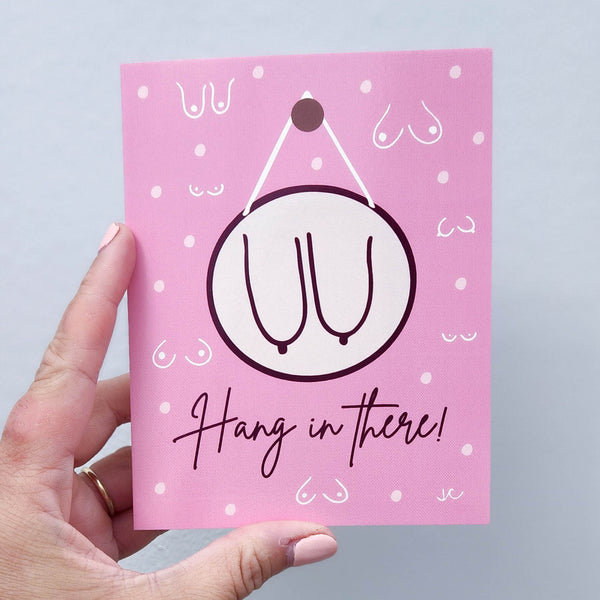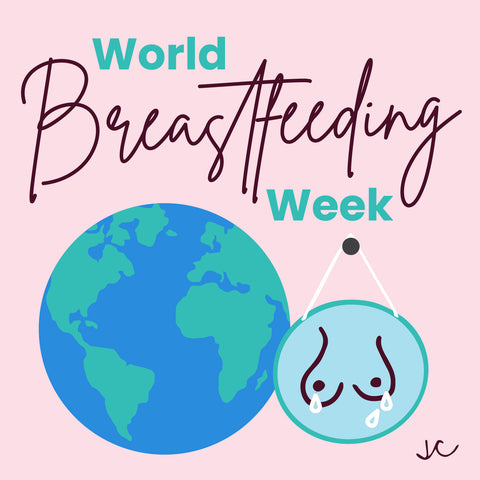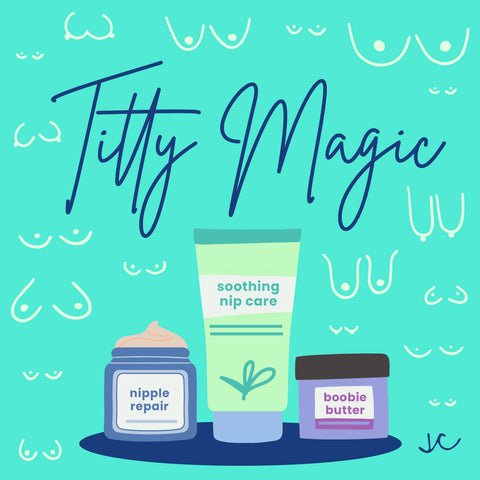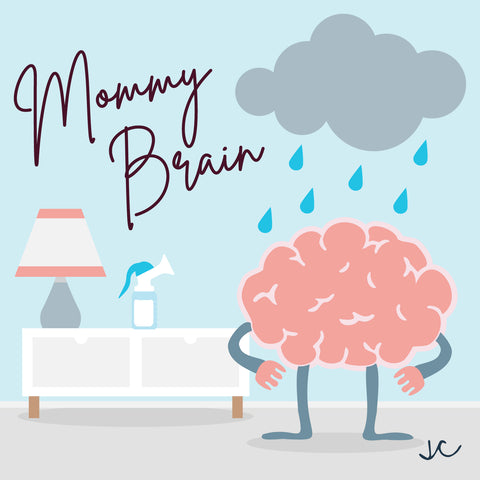Your Guide to Breast Cancer Awareness

Estimated read time: 17 minutes
Early detection is the best protection against breast cancer.
Breast cancer accounts for about 30% of all new cancer cases in women each year in the US.
As October is Breast Cancer Awareness Month, we wanted to share some of the latest breast cancer statistics, as well as offer advice for how to deal with employment if you have been diagnosed with breast cancer.
We know this is a challenging and difficult time Breastie. And we’re so proud of how strong you are. We hope this information helps, and we’ve also included some links for where you can go for additional advice and support.
In this article:
- Breast cancer statistics
- Early detection is the best protection
- Breast cancer symptoms
- Employment and breast cancer
Breast cancer statistics
Breast cancer isn’t just rife in the US. It accounts for 12.5% of all new cancer cases worldwide each year. This makes breast cancer the most common cancer in the world.
While breast cancer can affect anyone, did you know that women of certain races and ethnicities have a higher breast cancer incidence and death rate?
For example:
- Breast cancer is the leading cause of cancer-related death in the US for Black and Hispanic women.
- Black women are more likely to die from breast cancer than women in other ethnic or racial groups. Research has shown that this could be because about one in five black women are diagnosed with triple-negative breast cancer more than any other group.
- Ashkenazi Jewish women have a higher risk of breast cancer because of a higher rate of BRCA gene mutations.
Of course, breast cancer mainly effects women, but men can also develop the disease. Here are some overall estimates of breast cancer in the US.
For women in the US in 2023, it’s estimated there will be:
- 297,790 new cases of invasive breast cancer
- 55,720 new cases of non-invasive cancer ductal carcinoma in situ (DCIS)
- 43,170 deaths caused by breast cancer
And for men:
- 2,800 new cases of invasive breast cancer
- 530 breast cancer deaths
Overall, the average risk of a woman in the US developing breast cancer sometime in her life is about 13%. While this means there is a one in eight chance she will develop breast cancer, it also means there is a seven in eight chance she won’t get it.
At this time, there are more than four million breast cancer survivors in the US, which includes women currently being treated and women who have completed treatment.
There is some good news with breast cancer statistics. Breast cancer death rates have been decreasing since 1989, with an overall decline of 43% through 2020. Experts believe this is due to finding breast cancer earlier through screening and increased awareness of the disease, as well as better treatments. However, the decline has slowed slightly in recent years, possibly because of the increase in women using HRT.
This is why early detection and knowing your Boobies is the best protection against breast cancer, and we’ll look a little more at this now.
Early detection is the best protection
One of the key takeaways from the statistics we spoke about above is the super important role of early detection. Regular screenings such as mammograms and breast self-exams play a crucial role in identifying breast cancer in its early, more treatable stages.
According to the American Cancer Society, when breast cancer is detected early, and is in a localized stage, the 5-year relative survival rate is 99%.
Breast cancer is sometimes found after symptoms appear, but many women with breast cancer have no symptoms. This is why regular breast screenings are vital.
Breast cancer symptoms
Knowing how your Boobs normally look and feel is an important part of breast health. While screening tests are important, it’s also crucial that you know what’s normal for your breasts, so you will be aware of any changes.
The most common symptom of breast cancer is a new lump or mass in the breast area (but remember Breastie, most breast lumps are not cancer), but there are also other symptoms:
- Swelling of all or part of your breast
- Breast or nipple pain
- Skin dimpling
- Red, dry, flaking, or thickened nipple or breast skin
- Nipple retraction
- Swollen lymph nodes under your arm or near your collar bone
- Nipple discharge
The bottom line Breastie is spotting cancer at an early stage saves lives. Breast cancer that’s found early, when it’s small and hasn’t spread, is easier to treat successfully. So, ALWAYS go to your screenings, check your Titties every month, spread breast health awareness, and speak to your doctor as soon as possible if you notice anything that isn’t normal for you.
Employment and breast cancer
If you’re employed and have been diagnosed with breast cancer, you might be a little concerned about how to approach things at work.
After all, you’ll most likely need time off for appointments, treatment, and to take care of your physical and mental health. This can make knowing what to say to your employer and what accommodations to ask for a little challenging, and can even cause some people to have additional stress and anxiety.
Of course, nothing is more important than your health, but your income is essential to support you and your family.
Before speaking to your employer and colleagues about your diagnosis, it’s a good idea to take some time to research your company’s policies regarding things like flex time and medical leave, as well as get an understanding of health insurance and disability pay.
Many companies offer disability pay plans, so it’s helpful to speak to someone in HR about the company’s policy and how to collect if they do offer a plan.
First thing’s first Breastie. Employers are required by federal law to provide “reasonable accommodations” for anyone with a disability, and according to the Americans with Disabilities Act, cancer qualifies as a disability when the disease itself or the treatments affect your “major life activities.” Now, under the ADA cancer qualifies on a case-by-case basis, and the act protects individuals from losing their employment due to disability. It also sets guidelines for employers regarding required accommodations. You can find more information about the act here and the Equal Employment Opportunity Commission (EEOC) that enforces the act here.
Of course, the accommodations you can be granted can vary greatly, depending on your individual needs, but some examples (according to the EEOC) include:
- Taking short breaks throughout the workday when needed
- Time off for appointments and to recover from treatment
- Changes in the workplace to ensure your comfort
- Flexible or working-from-home arrangements
- An altered schedule
- Temporarily reassigning work to colleagues
There is also the Family and Medical Leave Act (FMLA) to consider. This act protects the jobs of people with a cancer diagnosis, however, you have to have the following to qualify:
- Worked more than 1,250 hours in that calendar year
- Worked for your employer for at least 12 months prior to the FMLA request.
Not every company has to follow FMLA regulations, such as those that have fewer than 50 employees.
Being protected by the FMLA means you can take up to 12 weeks of unpaid leave, which you can take intermittently.
Just a few words of advice now Breastie for telling your employer about your diagnosis.
Do it at a time when it feels comfortable to do so. There’s no need to rush it. We understand how difficult this time is so make sure you take all the time you need before speaking with your employer. There isn’t a right or wrong way to have the conversation, and you should never feel pressured into divulging additional information about your diagnosis or treatment to colleagues.
For more information, Breast Cancer Now has some super helpful advice.
You’ve got this Breastie
Breast cancer rates are high, but knowing how to spot the signs and keep your breasts healthy is the key to early detection.
You’ve got some Brave Boobies mama, and we hope that this guide answered a few questions for you. If you need more information or support, we’ve listed a few of our favourite resources below.
- National Breast Cancer Foundation, Inc
- Breastcancer.org
- Surviving Breast Cancer
- American Cancer Society
At Titty City Design, we believe that every boobie is beautiful, and that should be celebrated. We are a female-owned and operated, small business here to spread self-love and body positivity with our line of boob apparel, boob accessories, and boob-themed decor and products for the home. A portion of our proceeds goes to help support postpartum people and breast cancer patients.
Gifts for Breast Cancer Patients



